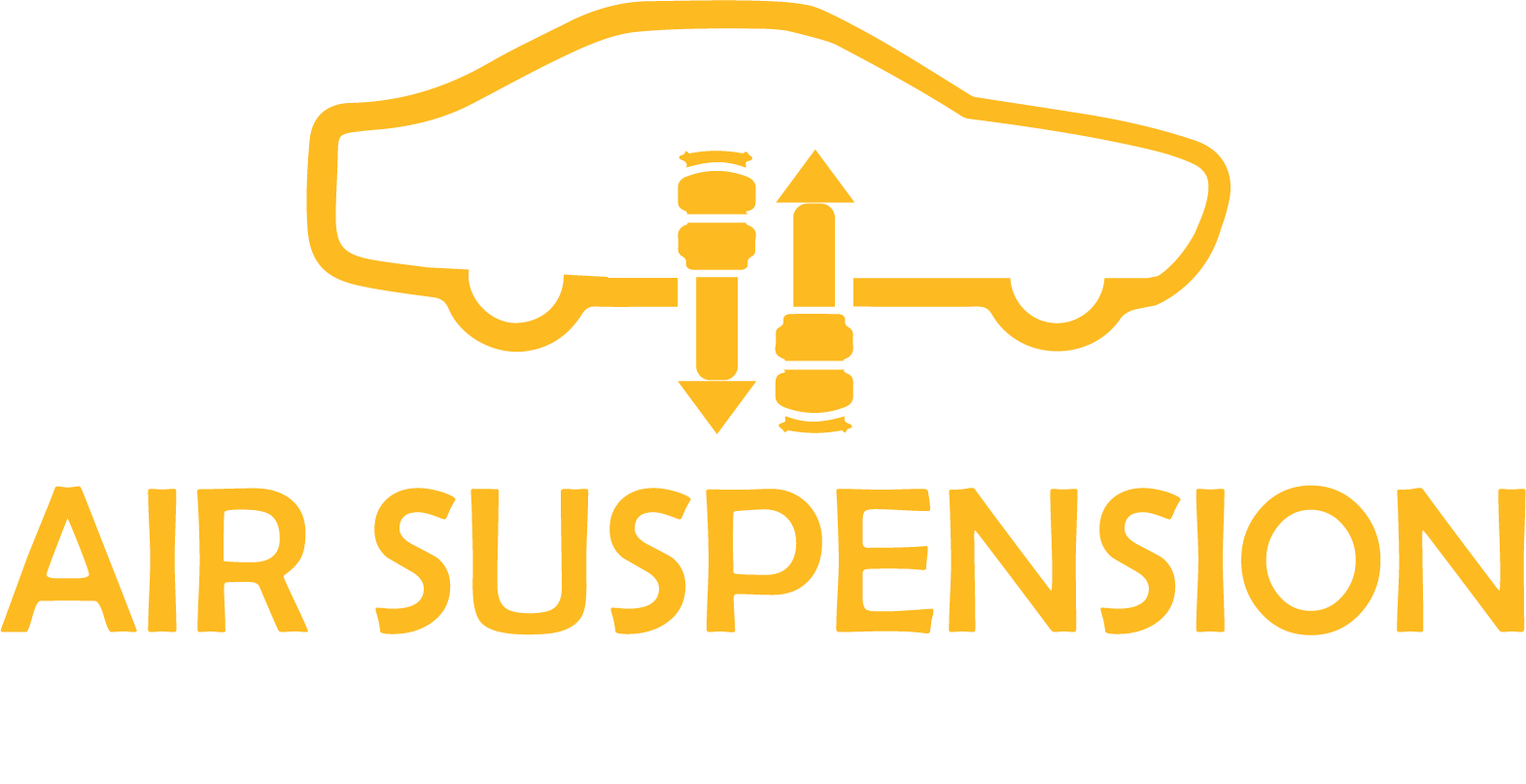Air Suspension for Fleet, Business & Commercial Vehicles (Dubai & UAE)
Commercial Use Cases
Air suspension improves ride comfort, adjusts for load variations, and reduces wear on commercial vehicle components.
Delivery vans, refrigerated trucks, VIP shuttles, and construction vehicles commonly use air suspension systems.
Yes, many premium limo and shuttle services use air suspension to deliver a smooth, high-end passenger experience.
Yes. It minimizes cargo vibration and protects temperature-sensitive goods during transport.
Yes, smoother handling improves driver comfort and reduces package damage on rough roads or curbs.
Possibly. In some UAE business sectors, vehicle upgrades tied to safety or efficiency may be tax-deductible. Consult your advisor.
Yes, RTA buses and VIP airport shuttles often use air suspension for passenger comfort and accessibility.
Yes. Adjustable height allows clearance for underground parking or dock access.
It can. By cushioning shocks and minimizing wear on chassis components, overall service costs may decrease.
Airport services, tourism transport, event rentals, and delivery startups increasingly use air-sprung vans and minibuses.
Installation, Warranty & Maintenance for Fleet
Standard installation takes 1–2 days depending on vehicle type and system complexity.
Yes, most commercial vehicles can be upgraded using aftermarket air suspension kits in Dubai garages.
Reputable brands offer 1–3 year warranties, and some Dubai installers provide extended service packages.
Yes. Fleet reliability and safety depend on certified installation to avoid air leaks or alignment issues.
Basic checks every 10,000 km and full inspections every 25,000–30,000 km are recommended in the UAE climate.
Yes, many garages and mobile service providers offer fleet maintenance contracts for air systems.
Common issues include worn air bags, compressor burnout, and leaks from improper installation or harsh conditions.
Yes. Most air springs can be serviced or replaced without replacing the full system.
Extreme heat can dry rubber seals and overwork compressors. Regular service keeps the system reliable.
Yes, many UAE-based technicians offer on-site fleet service and emergency repair for air systems.
Regulations, Road Safety & Compliance
Yes, as long as they are professionally installed and meet safety standards. Always confirm with RTA for commercial use.
Yes. For commercial vehicles in Dubai, modifications including suspension require prior RTA inspection and approval.
No special limits apply, but safe driving is encouraged especially for lifted vehicles to avoid roll risks.
Yes, improved stability, shock absorption, and consistent ride height can reduce fatigue and improve vehicle control.
It depends on the provider. Some UAE insurers may charge more for modified vehicles; disclose all upgrades.
Yes. Unapproved systems or those causing vehicle instability can result in fines or registration cancellation.
Yes, fleet operators must document all modifications for RTA compliance, especially on passenger and cargo vehicles.
Yes, in some cases. Modified vehicles are subject to technical inspection for safety compliance.
Typically, installation invoice, system specs, and compliance certification are required for RTA approval.
Yes, if properly installed and declared. Unapproved systems or leaks will fail inspection.
Cost Efficiency & Business ROI
Yes. Reduced wear and tear, improved fuel efficiency, and fewer breakdowns can lower lifetime operational costs.
Yes. Comfortable rides reduce fatigue and back pain, improving job satisfaction and reducing turnover in fleet staff.
Moderately. Adaptive height can improve aerodynamics at highway speeds, potentially saving fuel.
For fleets prioritizing comfort, reliability, or luxury, the ROI is strong—especially with lower repair costs and better brand image.
Yes. Vehicles with air ride, especially luxury shuttles or transport vans, can command higher resale prices in UAE.
Yes. Some suppliers and banks in Dubai offer installment plans or fleet financing tailored to commercial upgrades.
Yes. Smoother rides mean fewer vibrations and shocks, protecting fragile or high-value deliveries.
Absolutely. Preventive maintenance schedules extend life and minimize unexpected breakdowns.
Indirectly. Efficient fleets with less wear and fuel use align better with corporate sustainability targets.
Occasionally. Keep an eye on RTA and transport ministry incentives or pilot programs related to safety upgrades.



